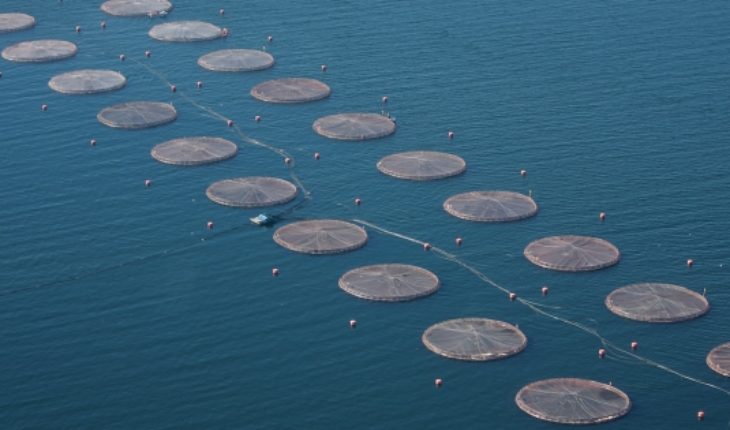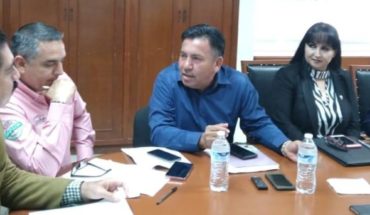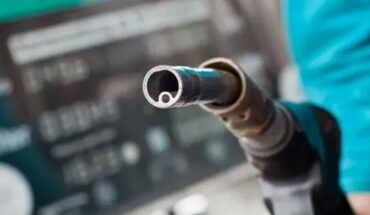The Chamber of Deputies unanimously approved the draft, presented by parliamentarian Gabriel Ascencio (DC), amending Law 18.892 General on Fisheries and Aquaculture. The change to the regulations is intended to require salmon companies to remove sediment from the seabed of the sector in which they operate.
Specifically, the proposal indicates that holders of aquaculture concessions should avoid the permanence of organic and inorganic waste on the seabed and transport them to places authorized by the regulations. If there are traces of these in the sector, the companies are exposed to a suspension of between two years and four years to operate in the concession area.
Organic waste produced by salmon companies includes food not consumed by fish and faeces. “It has tried to limit the amount of food that is lost with system automation but there is always a percentage that is lost, which is not consumed by salmon. What is fae, everything goes to the seabed,” said Greenpeace Chile spokesman Mauricio Ceballos.
The saturation of organic matter on the seabed produces “a change in chemical composition throughout the water column. Any type of marine flora that may be at the bottom is covered by this sediment. When the decomposition process with marine microorganisms begins to change the oxygenation parameters of the water, it begins to lose oxygen and the entire nearby part begins to remain as a dead zone.”
Inorganic waste, on the other hand, is materials that fall in the midst of work, such as irons and nets.
The project adds that companies will have to submit a seabed recovery and research plan. The programme must be submitted to The Sernapesca.
Despite the approval, the proposal will be re-discussed in the Committee on Fisheries due to indications submitted by parliamentarians.
Reviews
Despite the project’s progress in recognizing the environmental impact of aquaculture production, the NGO also directs criticism of the inadequacy of regulations.
“What we are very concerned about about this case is the fact of how it is being left back in the hands of companies, without oversight, any kind of work done on the seabed,” said the greenpeace spokesman.
“This here again is not considered,” he continued, “simply puts itself in the hands of companies. And well, companies have shown, we’ve seen it in fairly recent cases of scandals about how they are capable of altering information. We wouldn’t be surprised if companies find a way to prevent this from happening.”
A few days ago El Mostrador published a journalistic investigation that found that the salmon company Nova Austral modified the mortality rates of its salmonids. Their aim was to hide data from Sernapesca to circumvent fines and penalties.
translated from Spanish: They generally approve a project that requires salmon to remove their waste from the seabed
July 4, 2019 |





